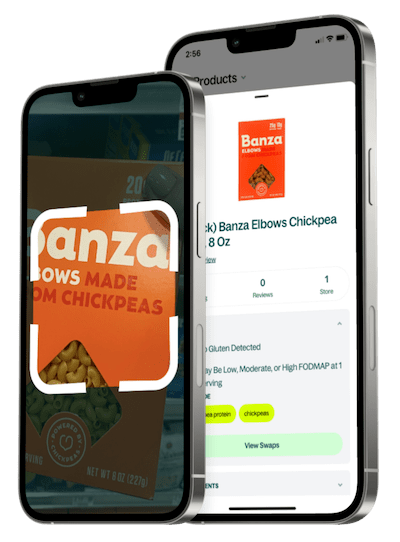Is Foodology Coleology Bowel Movement Jelly Vegetarian?


Ingredients
Red Grape Concentrate, Locust (carob) Bean Gum, Chia Seed, Citric Acid, Grape Flavor (artificial), Isomaltooligosaccharide, Xylitol, Sorbitol, Carrageenan, β-cyclodextrin, Malt Extract Powder, Sodium Citrate, Sucralose, Dextrin, Orange Carrot, Jerusalem Artichoke, Tomato, Pumpkin, Yellow Carrot, Red Beet, Sugar Beet, Black Carrot, Cucumber, Celery, Leek, Pea, Onion, Red Sweet Pepper, Sweet Pumpkin, Cabbage, Spinach, Lettuce, Parsley, Broccoli, Acacia (gum Arabic), Aloe Vera Extract Powder, Cinnamon Extract Powder, Dextrin, Finger Root Concentrate Powder, Hibiscus Extract, Fish Collagen, Hyaluronic Acid, Elastin Peptide Extract Powder, Fd&c Red No 40, Vitamin C, Oats Fiber, Prune Concentrate, Blackberry, Black Currant, Blueberry, Strawberry, Raspberry, Cranberry, Acaiberry, Chicory Root Fiber, Lactobacillus Plantarum, Bifidobacterium Lactis, Lactobacillus Acidophilus, Streptococcus Thermophilus, Lactobacillus Casei, Bifidobacterium Longum, Bifidobacterium Breve Contains Crustacean Shellfish,, Milk, FishCarp, Tiapia, Skipjack Tuna and Wheat.
What is a Vegetarian diet?
A vegetarian diet eliminates meat, poultry, and fish but typically includes dairy, eggs, and plant-based foods. People adopt it for ethical, environmental, or health reasons. This diet emphasizes fruits, vegetables, legumes, grains, nuts, and seeds as key nutrient sources. Vegetarians often get protein from eggs, tofu, beans, and lentils. It can offer health benefits such as reduced risk of heart disease and improved weight management, though attention should be given to nutrients like iron, zinc, and vitamin B12. With proper planning, a vegetarian diet can be both nutritionally complete and sustainable.


